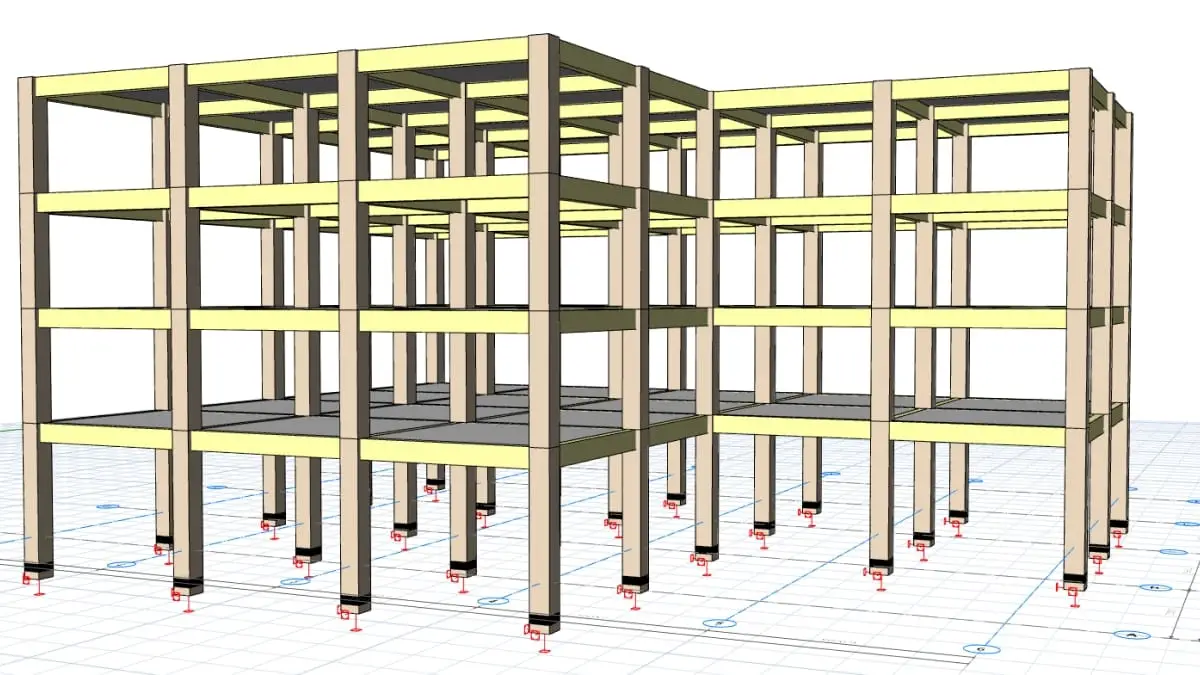
Base Isolation
Summary
Design Guide for Base Isolators in Seismically Isolated Buildings
This document provides detailed guidelines for modeling base isolators in seismically isolated buildings. Base isolators are essential components in modern seismic design, as they decouple the superstructure from ground motion, thereby reducing the impact of seismic forces on buildings.
Scope of the Document
The guide covers both general and project-specific approaches to modeling base isolators. It provides essential information to structural engineers on how to effectively model isolators to achieve accurate simulation of their behavior under seismic loads. Moreover, the design requirements for base isolators, along with reporting methodologies, are comprehensively addressed within the scope of this document.
Tips and Recommendations for Seismic Design
Specific recommendations and tips are included to help engineers align their designs with selected seismic codes. These tips focus on critical aspects such as:
- Selecting appropriate isolator types for different building applications.
- Incorporating damping properties and stiffness variations into the model.
- Verifying compliance with seismic code provisions for displacement limits and stability checks.
By adhering to these recommendations, engineers can ensure that their designs meet regulatory standards while optimizing the performance of the isolation system.
Key Considerations for Modeling Base Isolators
- Material Properties: Accurately defining the properties of elastomeric or sliding isolators is crucial for simulating realistic behavior.
- Load Combinations: Incorporating various load cases, including gravity and seismic loads, ensures comprehensive analysis.
- Nonlinear Behavior: Modeling the nonlinear response of isolators under seismic excitations improves the accuracy of performance predictions.
- Interaction with Superstructure: Considering the interaction between isolators and the supported building helps in evaluating the overall system response.
Reporting Results for Base Isolators in Seismically Isolated Buildings
Engineers are guided on how to effectively report results from isolator analyses. The report should include critical information such as maximum displacements, forces, and energy dissipation metrics. Clear and concise documentation is essential for verifying design performance and facilitating communication with stakeholders.
Conclusion on Base Isolators in Seismically Isolated Buildings
This guide is a valuable resource for engineers involved in the design of seismically isolated buildings. By following the outlined guidelines, engineers can ensure that their models are accurate, efficient, and compliant with seismic code requirements. The inclusion of tips for specific seismic codes further enhances the usability of this document, making it a practical tool for seismic design projects.







